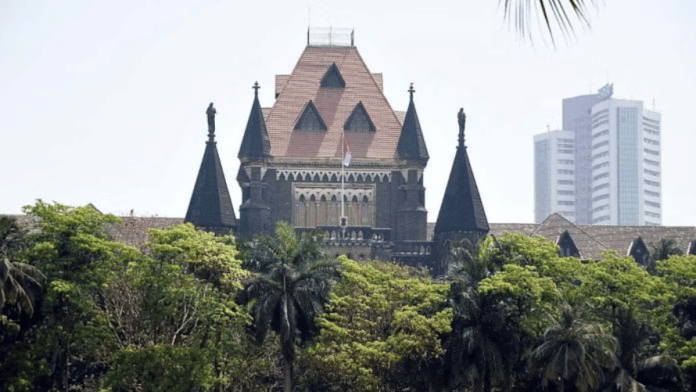New Delhi: Pointing out that the Bombay High Court’s recent ruling excluding female advocates from the ambit of the Sexual Harassment of Women at Workplace (Prevention, Prohibition, and Redressal) Act, 2013, creates a significant vacuum in redressing their grievances against sexual harassment, the Supreme Court Women Lawyers’ Association has approached the top court.
On Friday, a bench of Justices B.V. Nagarathna and R. Mahadevan issued notice on the plea filed through advocate Sneha Kalita in August this year, which essentially challenges the core argument given by the Bombay HC which said that there exists no employer-employee relationship between bar councils and advocates.
Senior advocate Mahalakshmi Pavami argued the matter, urging the court’s intervention to redress the gap created by the Bombay HC. The court sought responses from parties like the Bar Council of India, and the Bar Council of Maharashtra and Goa.
In a nutshell, the plea argues that even if the Bombay HC ruling’s argument is taken into consideration that advocates are already covered under Section 35 of the Advocates Act, 1961, which relates to redressal of professional misconduct, there is an entire host of professionals employed across legal organisations such as law clerks, clients, staff members in courts, LPO employees, paralegals and interns, among others, who have no grievance redressal mechanism in case of sexual harassment-related complaints.
Besides this, the plea also seeks to establish permanent grievance redressal committees to tackle complaints of sexual harassment made by women lawyers.
Emphasising that the Bombay HC’s ruling could have serious ramifications at a pan-India level, since it creates an “arbitrary, unreasonable classification” that unjustifiably excludes women advocates from the purview of the 2013 Act, the petition adds that by creating a significant vacuum in redressing grievances against sexual harassment, it further narrows down the constructive and expansive interpretation of the Act’s provisions.
What the Bombay HC ordered
On 7 July, the Bombay HC disposed of a Public Interest Litigation (PIL) filed by the UNS Women Legal Association, which sought the formation of a permanent internal grievance committee of women advocates in all State Bar Council offices and Bar Associations of Maharashtra, in line with the top court’s guidelines in its 2013 ruling in Medha Kotwal Lele & Ors vs. Union of India.
In that 2013 ruling, a three-judge bench of the top court had ruled that there is still “no proper mechanism” in place to address complaints of sexual harassment of women lawyers in Bar associations, lady doctors, and women architects, among others, while directing all Bar councils to follow the Vishaka guidelines which dealt with the sexual harassment of women in the workplace, and led to the passage of the 2013 Act. “The Bar Council of India shall ensure that all bar associations in the country and persons registered with the State Bar Councils follow the Vishaka guidelines,” the court had ruled.
Despite this, the Bombay HC’s two-judge bench, in July, ruled that it was evident that the provisions of the Act of 2013 apply where the relationship of employer and employee exists. Since in this case, neither Bar Council of India nor Bar Council of Maharashtra & Goa can be said to be the employer of an advocate, the 2013 Act did not apply to advocates, the HC said, while adding that it could still apply to employees of the respective bar councils.
As for advocates, the HC had pointed out that they already have a forum under Section 35 of the Advocates Act, where the Bar Council has jurisdiction to take action against any advocate not just for professional but also other misconduct.
This, the present plea argued, is an erroneous and unreasonable finding which wrongly equates the special mechanism for preventing sexual harassment at the workplace envisaged under the 2013 Act with the procedure outlined under Section 35 of the Advocates Act, which is different and punishes advocates for misconduct. Saying that the provision under the Advocates Act is a general one, aimed at maintaining professional standards, the court added that it cannot be equated with a special mechanism which the 2013 Act provides for.
“Such misplaced holding fundamentally trivialises the special stature and gravity asserted to lawmakers for the prevention of sexual harassment at the workplace,” the plea says.
Terming this Bombay HC order as erroneous, the plea argues that the HC has interpreted the definition of “employer” under the 2013 Act in very constricted, restricted and prejudicial terms.
(Edited by Viny Mishra)
Also read: Indian universities follow the same template on sexual assault—cover up, blame the victim






